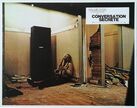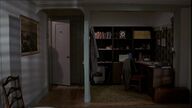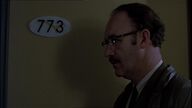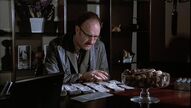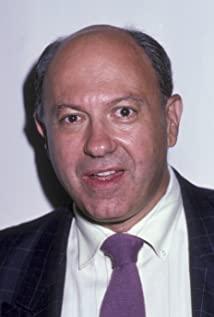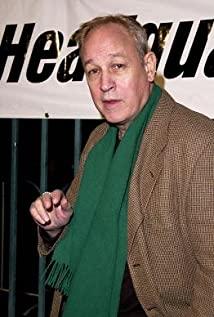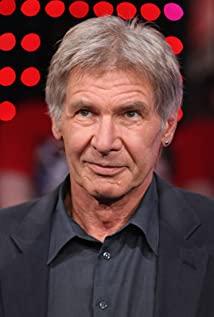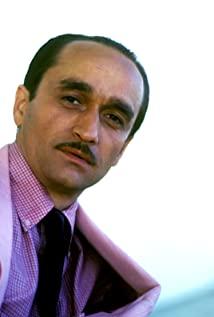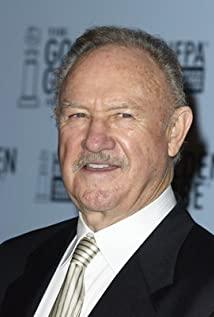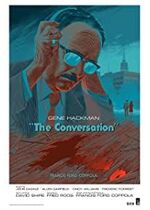-
Uriah 2021-12-08 08:01:44
surveillance could be very expensive, and useless, when no truth is in the...
-
Marquis 2021-12-08 08:01:44
[B+] Getting better. It is really unexpected that Coppola would shoot such a steady work, the Coppola in the 70s. Sensory film: The pervasive sound becomes the direct source of all fears. Coppola is a rather bold approach in ensuring that most of the focus is shifted to the sense of hearing. The auditory repetition has reached a sense of torment that is inaccessible to the vision. Everything in the audience and characters is constantly drawn away in the sound. At the end of the scene-the...
The Conversation Comments
-
Christopher 2022-03-25 09:01:09
Dialogue: The Mirror in the Mirror
"Rashomon" is a short story written by the Japanese writer Akutagawa Ryunosuke in 1915. It was later adapted into a film by Akira Kurosawa and became known to the world. It gradually became a proper noun with a special meaning, meaning "every Individuals can only see part of the truth." Coppola's...
-
Reba 2021-12-08 08:01:44
In the 1970s, jazz music has been completely accepted by the American orthodox society.
The early masters were also all kinds of worrying about the country, the people, compassionate people, and it’s okay to pay tribute to the suffering masters of the ancestors (Hitchcock), but the characters in this film are too internalized and the environment background of the times is too strong,...
-
Ann: This conversation is over.
-
[last lines]
Martin Stett: [on the phone] We know that you know, Mr. Caul. For your own sake, don't get involved any further. We'll be listening to you.
[plays back recording of Harry playing saxophone]


